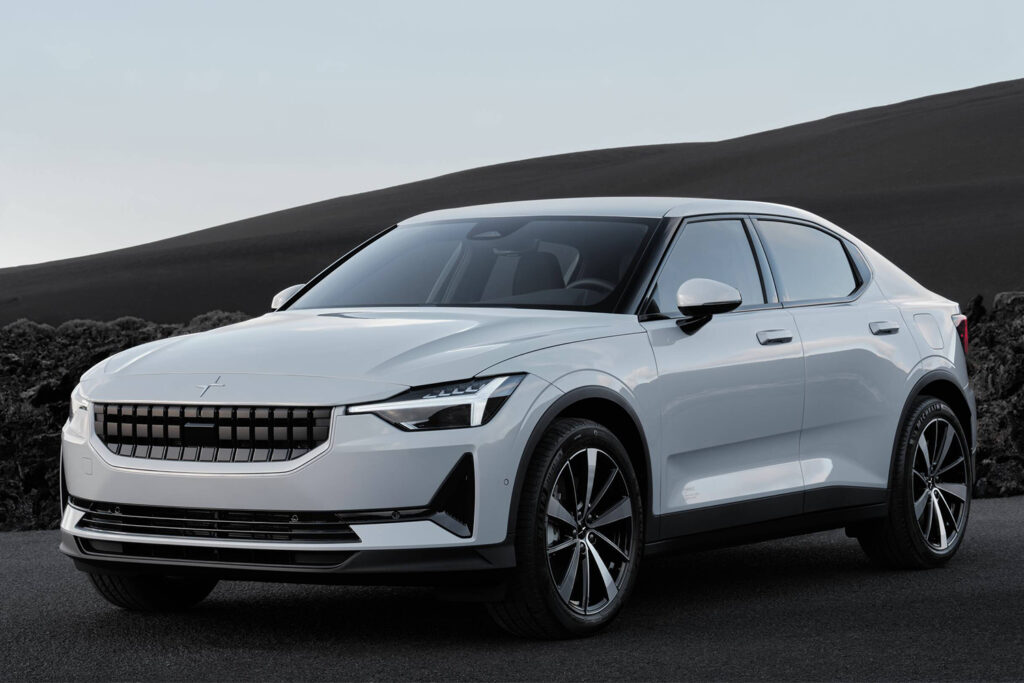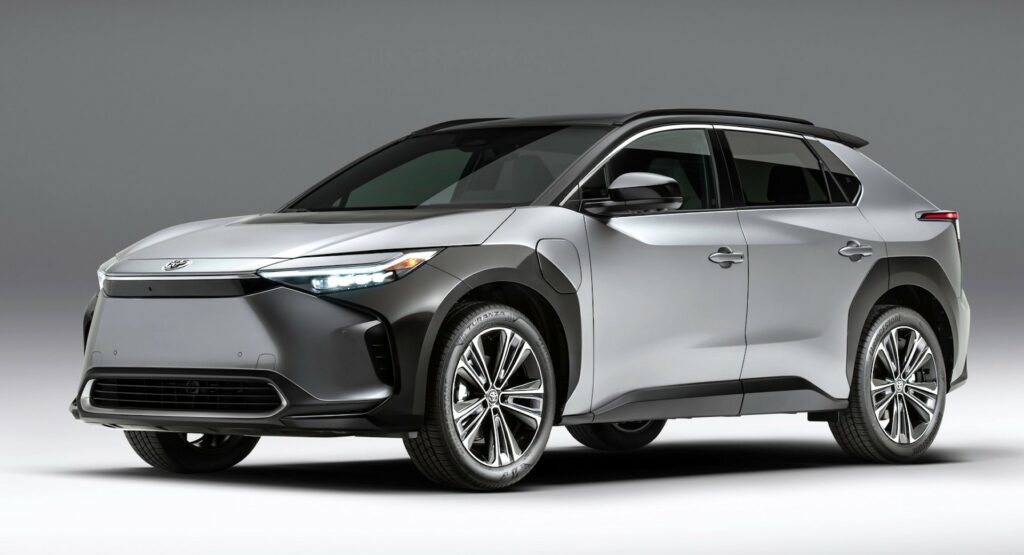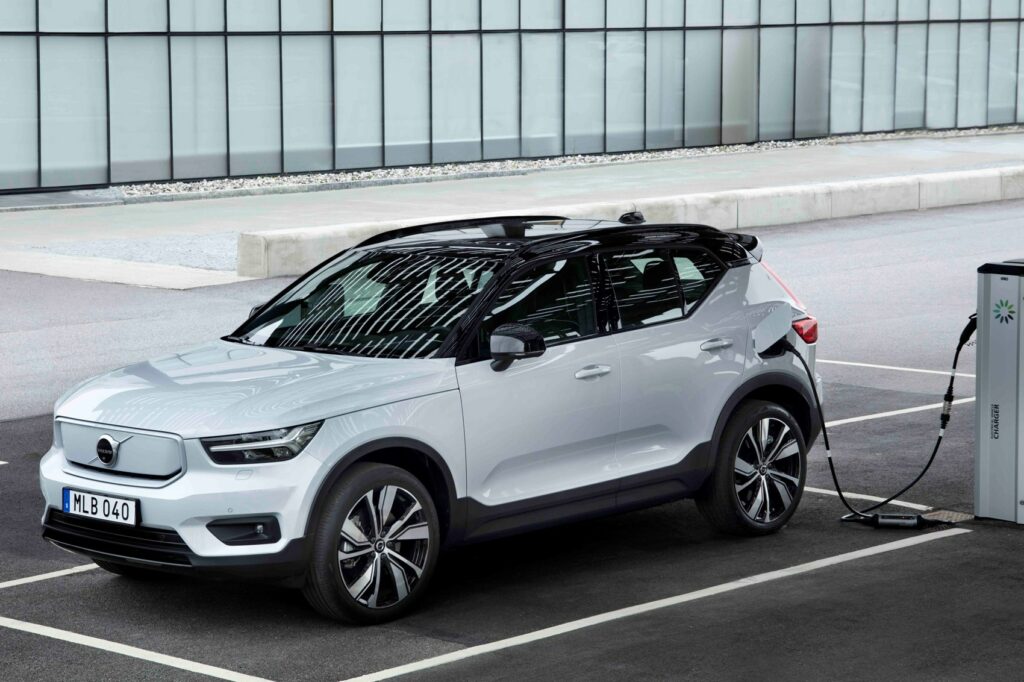New trade rules related to electric vehicles under the framework of Brexit could impose substantial financial burdens on European manufacturers, amounting to approximately £3.75 billion over the next three years, according to the European Automobile Manufacturers Association (ACEA).
These regulations aim to ensure that electric cars produced in the European Union (EU) predominantly use locally sourced components. However, manufacturers on both sides of the English Channel express unpreparedness for compliance, with concerns raised regarding potential reductions in EU factory output by up to 480,000 vehicles, and the consequences this may have on consumers.

The primary challenge lies in the implementation of “rules of origin,” set to take effect in January. These rules are applicable to car shipments between the UK and the EU under the UK-EU Trade and Cooperation Agreement, part of the Brexit deal. Essentially, they stipulate that electric vehicles must incorporate batteries manufactured in either the UK or the EU. Failure to meet these criteria could result in a 10% tariff on car transports between the UK and the EU in both directions.
While these rules were conceived to shield the European industry from low-cost imports, the slow expansion of battery production within Europe has left automakers struggling to adhere to the new requirements. The UK stands as the largest export market for European manufacturers, with 1.2 million vehicles delivered to UK ports in the past year. Likewise, the EU receives more cars produced in the UK than any other region. The imposition of substantial tariffs could inflate the production costs of electric vehicles and subsequently raise consumer prices.

ACEA is advocating for a three-year postponement of these new rules and is appealing to the European Commission for action. Luca de Meo, Renault’s CEO and ACEA’s president, expressed concerns, stating, “Driving up consumer prices of European electric vehicles, at the very time when we need to fight for market share in the face of fierce international competition, is not the right move.” He further warned that adhering to the rules as currently structured could result in a significant portion of the market shifting to global manufacturers.
To delay the implementation of these rules, an agreement would need to be reached between the UK and the EU. The UK’s Business Secretary, Kemi Badenoch, has expressed optimism regarding such a deal, but the EU’s internal market commissioner, Thierry Breton, has been less forthcoming, emphasizing that reopening the Brexit deal to accommodate the motor industry would not be appropriate.

The European Commission underlines that Brexit has reshaped the trade relationship between the UK and the EU and that the EU-UK Trade and Cooperation Agreement reflects a negotiated balance of commitments. The rules of origin aim to bolster the EU’s battery value chain. Sigrid de Vries, ACEA’s secretary-general, acknowledged the political sensitivity surrounding Brexit-related topics and clarified that the industry is not seeking fundamental changes in these arrangements.
In the UK, the CEO of the Society of Motor Manufacturers and Traders, Mike Hawes, remains hopeful that an agreement can be reached but anticipates potential last-minute negotiations, comparing it to the pattern observed during the Brexit process.
Trade officials from the EU and the UK are scheduled to meet in London this week, although it remains uncertain whether the new rules will be on the agenda for discussion.








